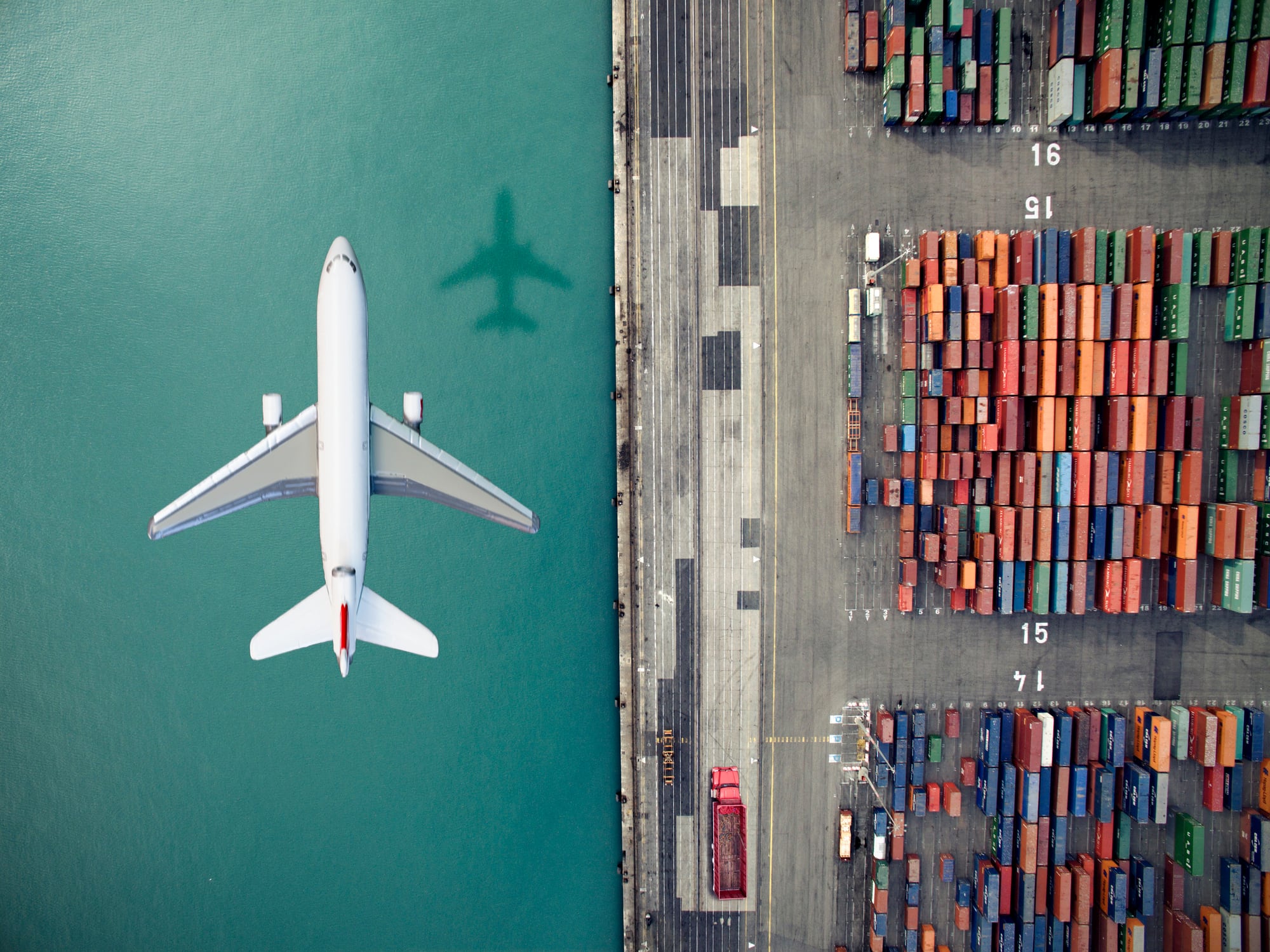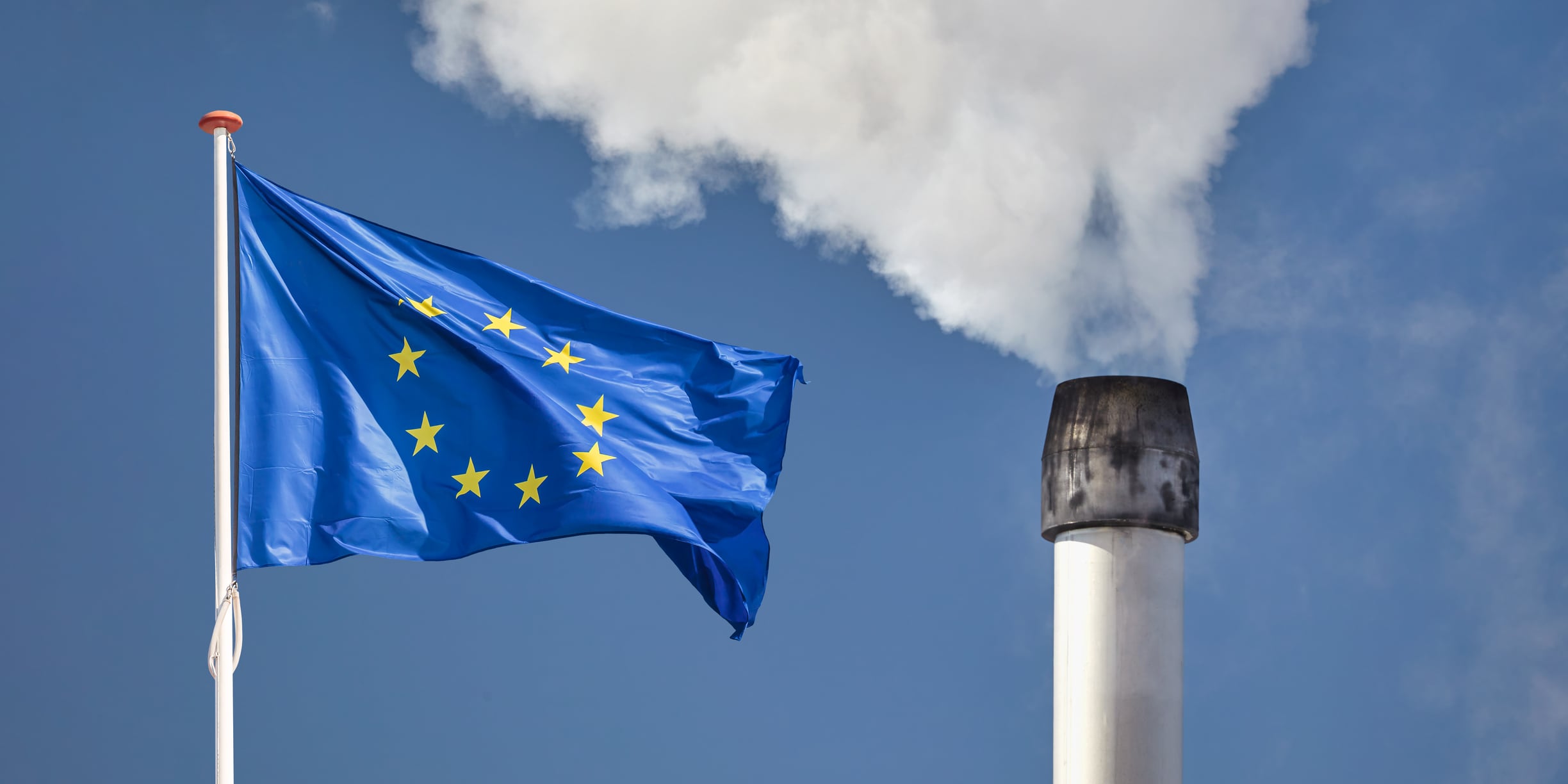On Sunday 27 July, the US President Donald Trump announced that he had made a deal with the European Commission President Ursula von de Leyen to reduce the previously announced import tariff from 20% to 15% on EU goods imported into the US market.
As part of the agreed deal, the US will also require the EU to buy $750bn (£560bn) worth of oil, gas, nuclear fuel and semi-conductors over the next three years, as well as invest $600bn (£446bn) in the US – including purchases of military equipment.
In May, the UK accepted tariffs of 10% in its trade deal with the US, which many European leaders considered to be a bad deal. However, the deal that has now been secured on behalf of EU businesses appears to be one-sided in favour of the US.
“Annual loss of 300 million euros”
The French trade body Federation of Beauty Companies (FEBEA) has said while the trade agreement between the European Union and the United States is a “relief” in comparison to previous announcements in April, overall, it is still “not a good agreement for the French cosmetics industry.”
“French cosmetics products, which were previously exempt from customs duties (0%), will now be taxed at 15% for exports to the United States. While this agreement puts an end to uncertainty, it poses a significant threat to the competitiveness of the French cosmetics industry,” says Emmanuel Guichard, who is General Delegate of FEBEA.
The US is the leading export market for French cosmetics and in 2024 France sent €3bn worth of beauty product exports (12% of its total exports) to this market.
FEBEA said that based on research undertaken by economic specialist research firm Asterès, it is now possible to estimate that the agreement “could lead to an annual loss of 300 million euros and threaten up to 5,000 jobs in France.”
“To cushion this shock and avoid a stall in a context of reconfiguration of world trade, the cosmetics industry is calling for the urgent implementation of competitiveness and simplification measures in Europe,” said Guichard.
Risks “further eroding the competitiveness of the EU chemical industry”
Meanwhile, the industry forum for the European chemicals industry CEFIC agrees with FEBEA’s sentiment. It released a statement saying that “While the deal appears to have averted the worst-case scenario, the additional US tariffs on European exports risk further eroding the competitiveness of the EU chemical industry.”
It added “this is another reminder that the recently published Chemical Industry Action Plan needs to be urgently and fully implemented. There is no time to waste.”
The Chemical Industry Action Plan was implemented on 8 July as a bid to strengthen the competitiveness of the European chemicals industry.
“Additional tariffs hinder trade and investment flows across the Atlantic,” continued CEFIC’s spokesperson, explaining how these extra costs could potentially impact increasingly complex, global supply chains. “This is highly problematic for such an integrated transatlantic chemical industry with a significant amount of intra-industry and intra-company trade. Raw and input materials are regularly being shipped back and forth across the Atlantic, adding value at each stage of production.”
CEFIC however also highlighted that there is a “proposed inclusion of certain chemicals in the “zero-for-zero tariff” agreement”, which it called “an encouraging signal.”
“Yet, beneficial trade terms are needed for all chemicals,” continued the spokesperson. “We therefore call on both sides to pursue a comprehensive and balanced sectoral agreement that ensures favourable trade conditions, increases predictability and strengthens the competitiveness of our industry.”
Calls to diversify export markets
FEBEA said that on Tuesday 22 July, the week before Trump announced the new trade deal, 62 leaders of the cosmetics industry had already collectively signed an opinion piece dedicated to French cosmetics based on the following priorities:
- Innovation: guaranteeing access to essential and safe ingredients for use in cosmetics
- Digitisation of information on product packaging: modernising access and transparency for consumers
- Anti-counterfeiting: protecting brands and consumer safety by fighting counterfeit products (dupes).
- Diversification of export markets: mobilising trade agreements that are as many growth drivers (eg India, Indonesia) in the face of increased global competition
“We call on the authorities to act without delay to protect the cosmetics industry, the flagship of the French economy whose position as a world leader is the result of decades of effort and investment,” Guichard concluded.
Meanwhile, CEFIC’s spokesperson concluded: “As an export-oriented sector, we call on all EU policymakers to double down on the EU free trade agenda to open new markets for EU chemical companies.”





